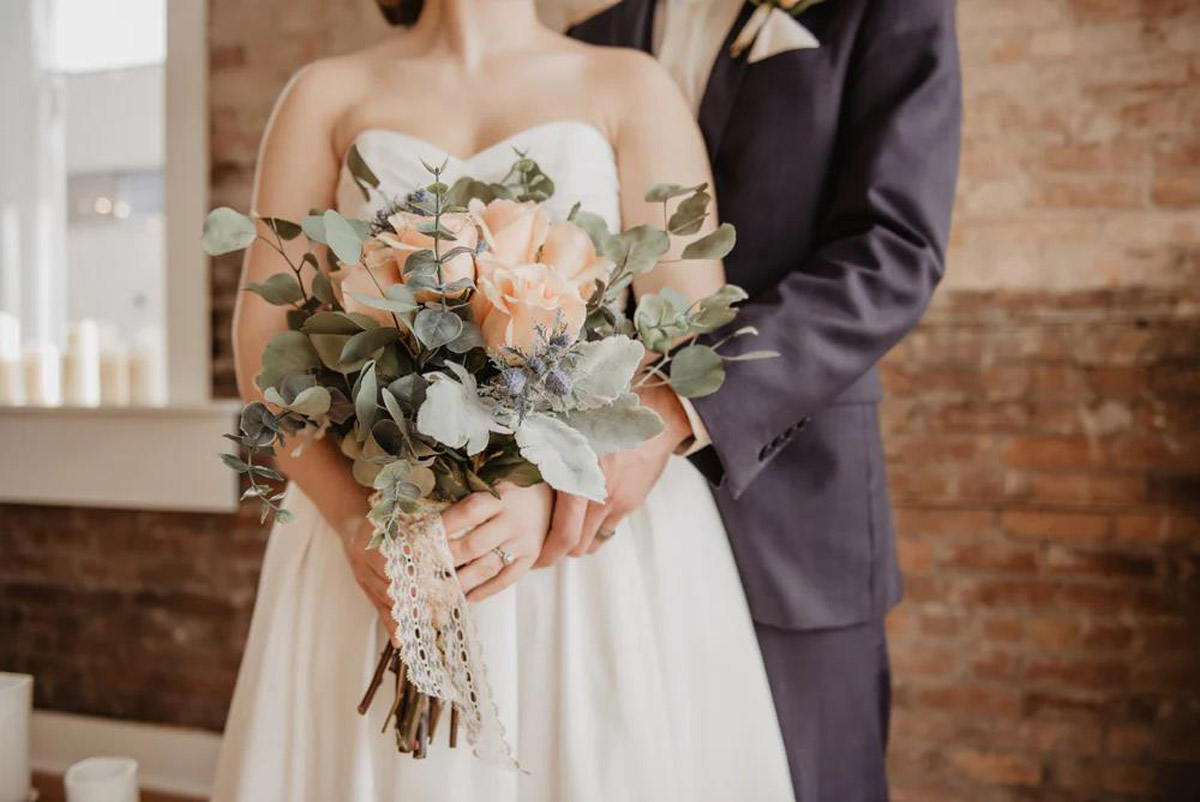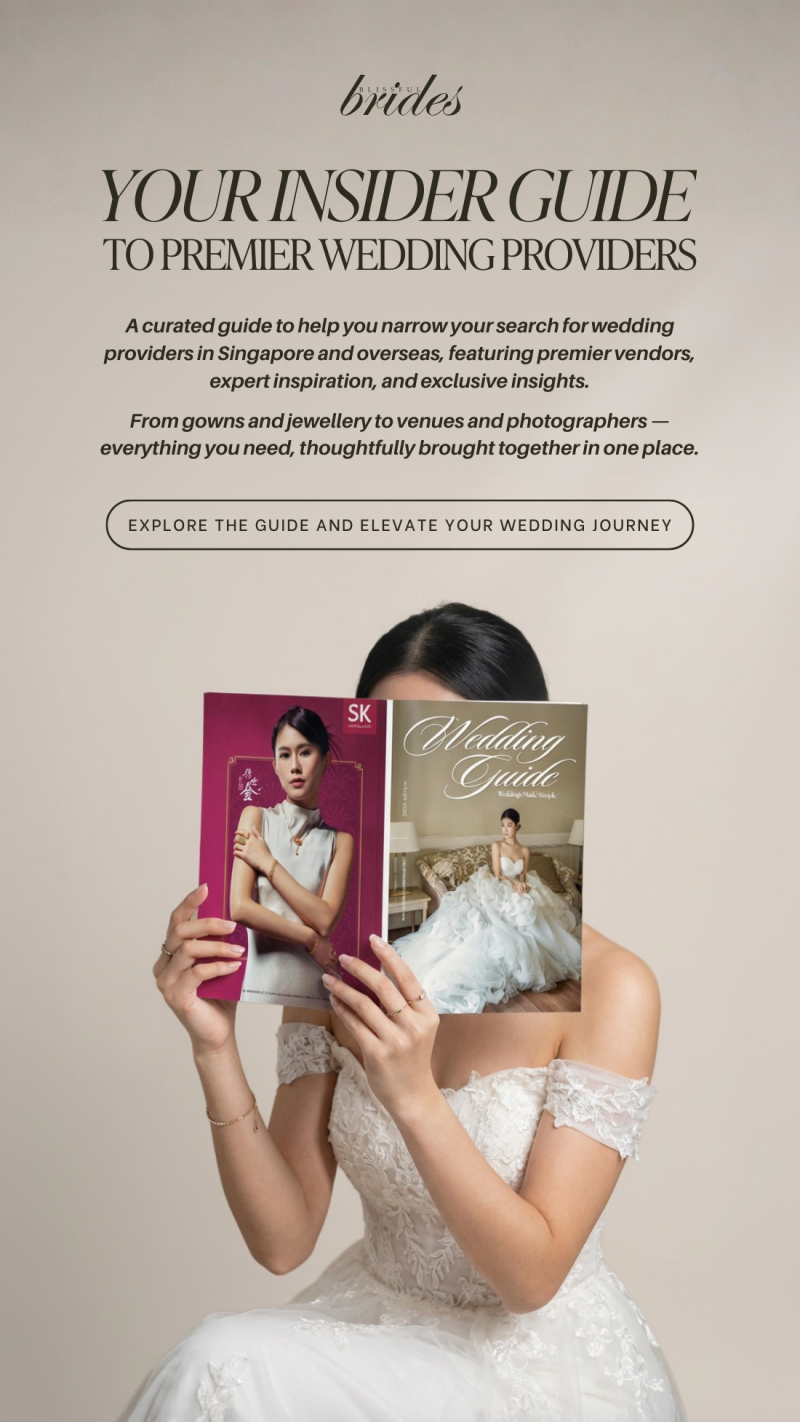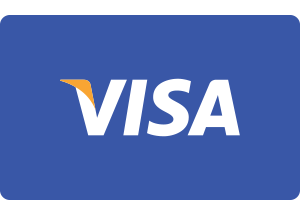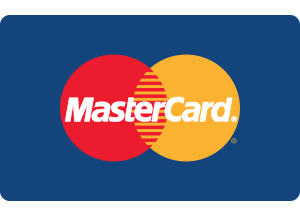Traditional Wedding Roles & Responsibilities: Who Does What?
2021-02-23
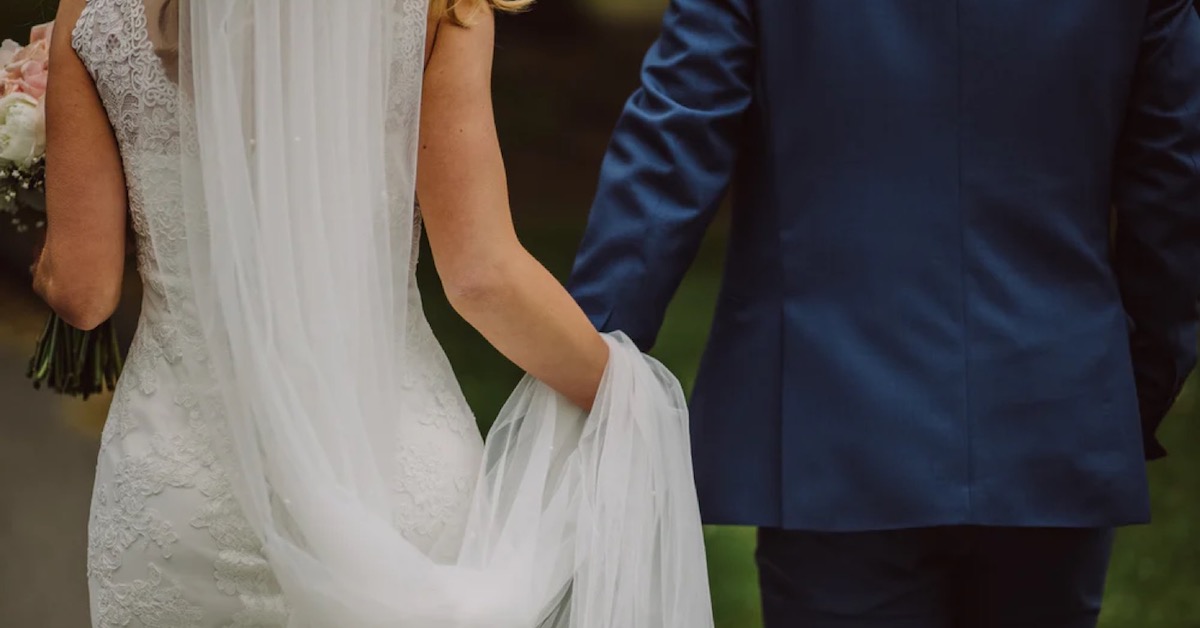
Source: Tom Pumford on Unsplash
It's no secret that wedding planning and preparations comprise the arduous and stressful behind-the-scenes of every glamorous wedding. Ensuring you have all you need to realise your dream wedding is not without blood, sweat and tears.
While nothing could render the process completely stress-free, you can, however, alleviate some stress by delegating important roles to trusted family members early on. Doing so will help you know who is responsible for what and know who to find for relevant input.
If you're still unsure of what some of the traditional roles and their respective responsibilities entail, we're here to help!
Bride & Groom
Source: Olivia Bauso on Unsplash
Apart from tying the knot,
the bride’s and groom's big responsibilities consist of creating a wedding planning checklist, to facilitate wedding preparations as smoothly as possible. Ideally,
the couple will collaborate on decisions together, share the workload and
ensure both parties are happy with the plans. To break it down, here are some
key pointers:
● Choosing the date, theme and wedding venue
● Meeting with the ceremony officiant to discuss the details
● Coordinating invites, flowers, vendors
● Shopping for the wedding vows
● Preparing the wedding vows
● Deciding on the wedding favours
Additionally, both bride and groom will also need to choose the people they wish to form their respective entourages with.
Parents
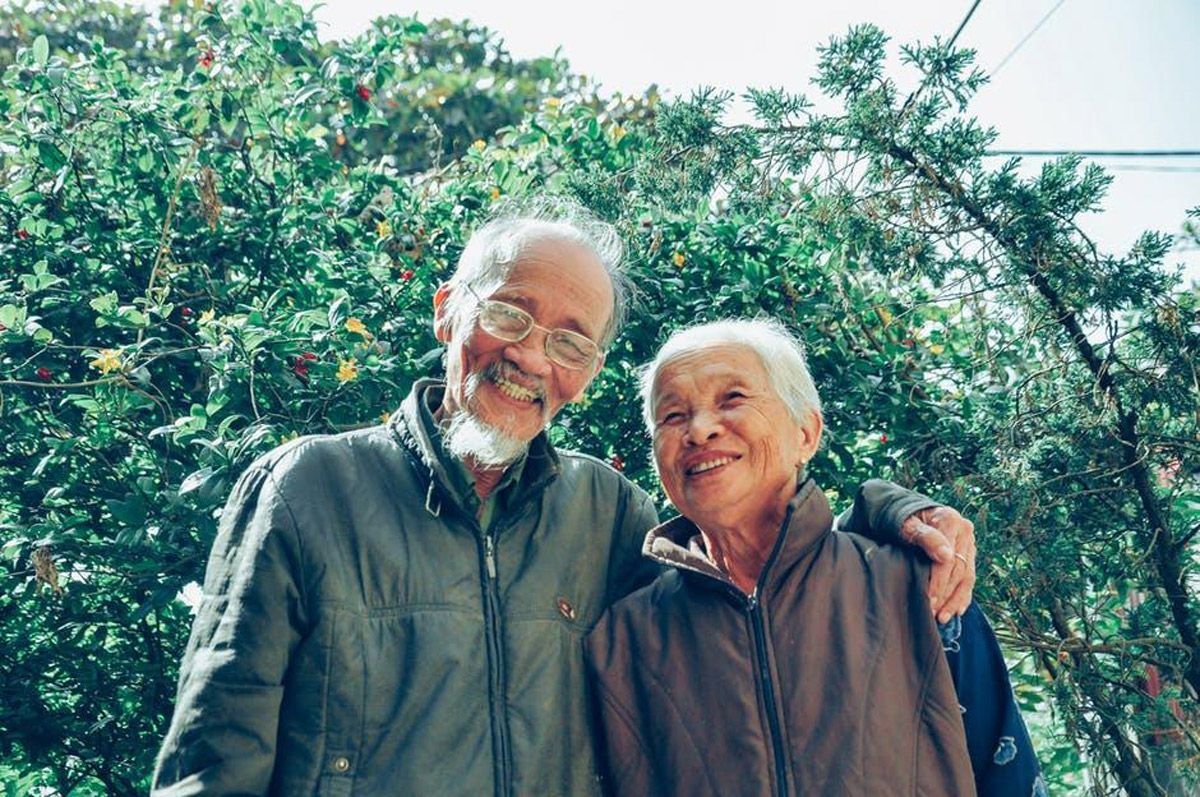
Source: Tristan Le on Pexels
Bride's Parents
Traditionally, the bride's parents will need to bear the majority of the wedding expenses. Fortunately, this practice is long gone, and most couples are agreeable with distributing the costs across both families.
Nowadays instead, the bride's family is mostly in charge of of holding the first engagement party. They’re also involved in curating the guest list and offering assistance in any other wedding preparations.
During the ceremony, the
bride's father will be the one to walk her down the aisle. Afterwards, he will
also be the last to leave the wedding reception as he
needs to bid the guests goodbye. Lastly, he’ll also have to settle all
outstanding bills with the hired wedding vendors.
Groom's Parents
Customarily, the groom's parents will support the bride's parents by offering assistance. Should they wish to host an engagement party, they may do so only after the bride's parents hold theirs.
Maid of Honour
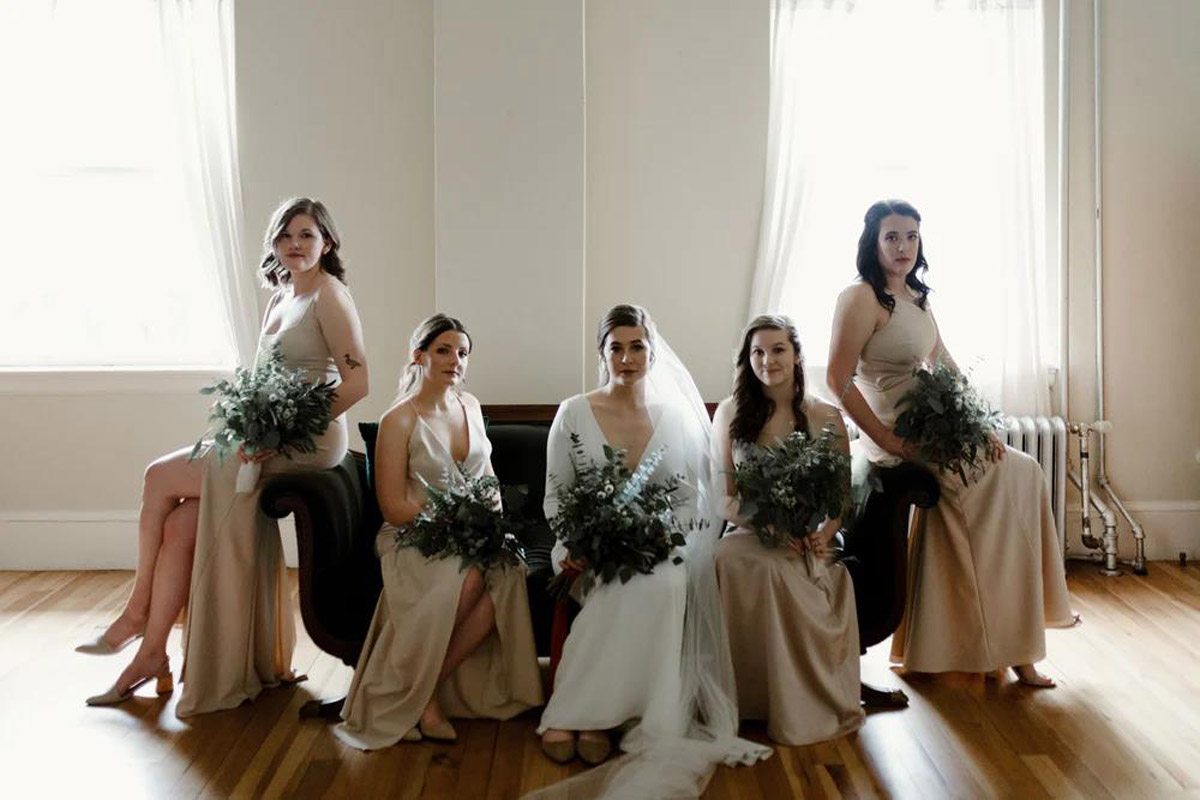
Source: Briana Autran on Unsplash
Out of all her attendants, the person whom the bride will rely on the most is the maid of honour.
Often either the best friend or a sibling, the maid of honour's primary duty is to coordinate the bridesmaid's activities, such as organising the bachelorette party and the like. They’ll also assist the couple in their preparatory errands like keeping stock of guests’ gifts and preparing the wedding invitations.
During the wedding, the maid
of honour will accompany the bride throughout the entire occasion — helping the
bride adjust her wedding gown, veil
and train.
Bridesmaids
Meanwhile, the remaining bridesmaids’ role is to support and help the maid of honour and the bride with other wedding planning duties. On top of that, the bridesmaids will assist in any other preparatory errands or other duties that require a helping hand.
Best Man
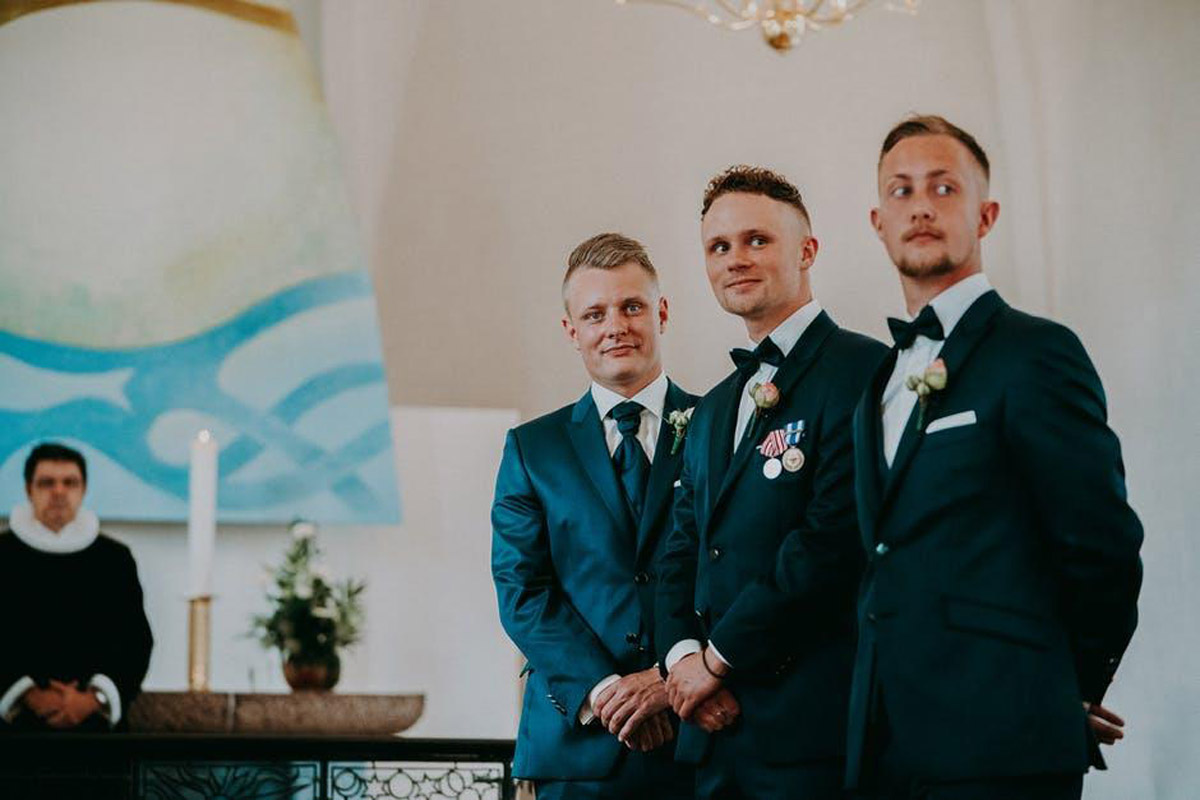
Source: Rene Asmussen on Pexels
Equivalent to the bride’s maid of honour, the best man is the groom's biggest source of support. Likewise, they can either be the groom's sibling or best friend.
Apart from coordinating the groomsmen, their main duty lies in organising the bachelor party, orchestrating the wedding toasts and confirming the honeymoon travel reservations days prior to the actual wedding day.
During the big day itself,
the best man accompanies the groom to the wedding venue, ensuring that they
arrive on time. They are also tasked with safeguarding the wedding ring and the officiant's fee. Once the ceremony is
over, they’re responsible for starting the getaway car to whisk the newlyweds
away from the wedding reception.
Groomsmen
Last but not least, the groomsmen probably have the fewest responsibilities out of the bunch. Notwithstanding other minor tasks, they mainly support the best man by planning and hosting the bachelor party.
On the wedding day, the groomsmen need to arrive on site early in order to greet and seat the guests.
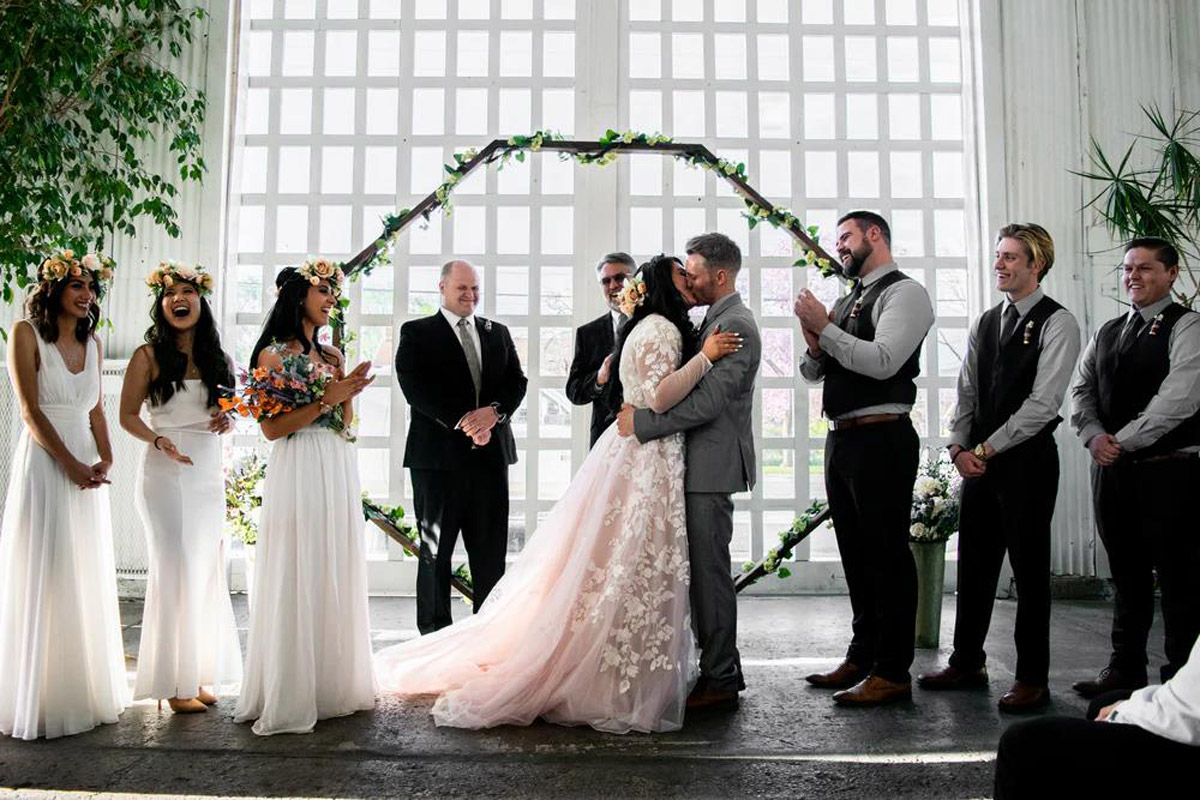
Source: Kendra Allen on Unsplash
For weddings to execute smoothly, everyone needs to be familiar with their respective roles for the entire team to run like a well-oiled machine. Traditionally, all of these aforementioned roles are only assigned to trusted family members and friends.
However, this doesn’t mean that every family member or friend is appropriate for the job. They still need to be fairly capable and responsible enough to fulfill these important duties. Thus, assemble only the best people for your entourage, because you deserve nothing but the best for your dream wedding.

